I have changed my mind: This week’s presidential debate matters.
Before I continue, a quick recap: Last month, I expressed my long-standing view that presidential debates aren’t very meaningful and are very stupid. They are pseudo-events, the historian Daniel J. Boorstin’s term for manufactured media spectacles that feel significant because we imbue them with significance.
My opinion on this as a historical matter is unchanged. Even debate lovers concede that John F. Kennedy won the first presidential debate in 1960 because he was telegenic and Richard Nixon looked like he woke up in a motel room after a bender. In other words, the debates have always been about style over substance.
And even the style hasn’t mattered much. Researchers have found that debates have virtually no detectable electoral impact.
So why have I changed my mind about this debate? For starters, because in a “vibes” election, a vibes debate could matter.
We’ve all heard that many voters—about 20 percent—are so-called double-haters, people who really don’t want to vote for Trump or Biden. Perhaps more important, as recently as a few months ago, an even larger share of voters didn’t believe they would really face a choice between Trump and Biden. Only 33 percent of those surveyed by Economist/YouGov pollsters in March said a Trump-Biden rematch would “definitely” happen.
That’s one reason the Biden camp wanted a debate in June, the earliest such meeting in history by three months. They need to get their “gettable” voters to stop wallowing in the crapulence of denial, accept that this is the choice and come home. That alone makes this debate different.
Normally, debates serve one or two functions. Sometimes, they are last-ditch efforts to convince voters to make their choice. In other cases, they are post-Labor Day attempts to introduce or reintroduce candidates to voters who haven’t been paying attention.
But this debate is first and foremost an effort to get voters to understand what their choice is. These candidates—an incumbent president who’s been in politics for half a century and a former president and reality-show celebrity—do not need to be reintroduced to voters, though voters do need to be reassured about them.
That’s why a debate, with its tendency to amplify style over substance, could matter more this time. Big debate moments occasionally arise from well-placed one-liners, but more often they involve unintentional factors such as gaffes, body language, and even sighs. The takeaway from presidential debates tends not to be a policy position or plan but rather a comfort level with the idea of a person being in our faces for four more years.
That’s a fairly stupid standard for choosing a president. But these are stupid times. And when the single biggest challenge for the candidates is to sway voters who have deep misgivings about their mental acuity and character, comfort level might be all that matters.
That’s why the stakes for Biden are higher going into this debate. Yes, it was foolish for Trump to set the bar so low for his opponent by suggesting he is a “brain-dead zombie,” but I think the traditional punditry about the expectations game is overblown. Regardless of Trump’s rhetoric, millions of people—undecided Democrats, independents and especially those double-haters—have legitimate and sincere concerns about Biden’s mental and physical fitness. I don’t think debates are a good test of presidential fitness, but for a lot of voters, this debate could be a decisive test of Biden’s mental fitness.
Even progressives such as CNN political analyst Van Jones have conceded that if the president really messes up this debate, it will be “game over” for him. I think that’s correct. Fair or not, if Biden has a major malfunction, it will be an irreparable confirmation of voter concerns about his age. I would expect the whispers about replacing him on the ticket to become shouts almost overnight.
But if Biden clears that very low hurdle, the stakes suddenly become higher for Trump. Most voters do not like the former president and pretty much never have. If he leans into the traits that turn them off—if he follows that age-old advice, “Be yourself”—and Biden is even modestly reassuring, the double-haters and other undecideds could easily break for the president. Not all of them, sure, but Biden doesn’t need all of them.
To put it in boxing terms, if it’s a knockout, Biden will likely be the loser. If it’s a split decision, the odds are good that it will split in Biden’s favor.
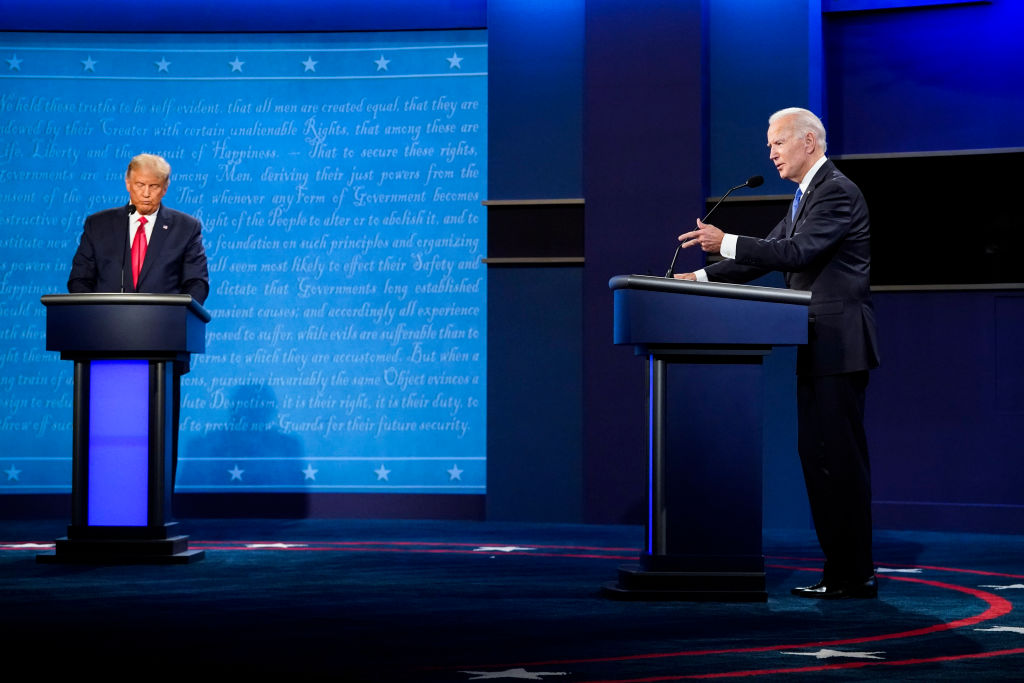

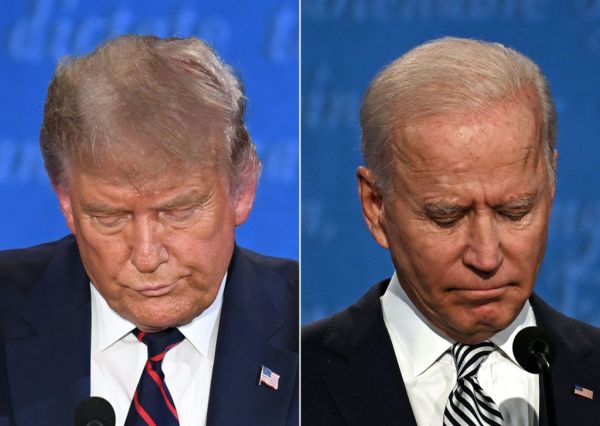
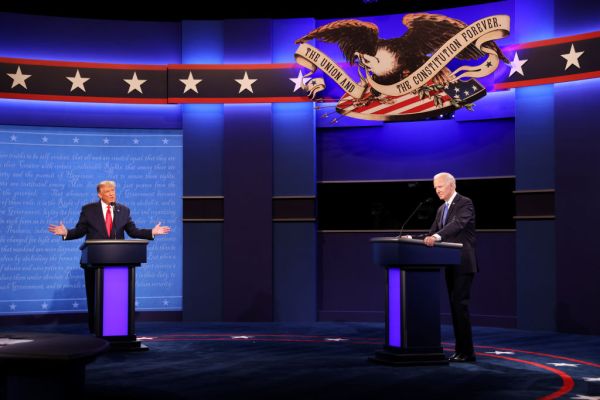
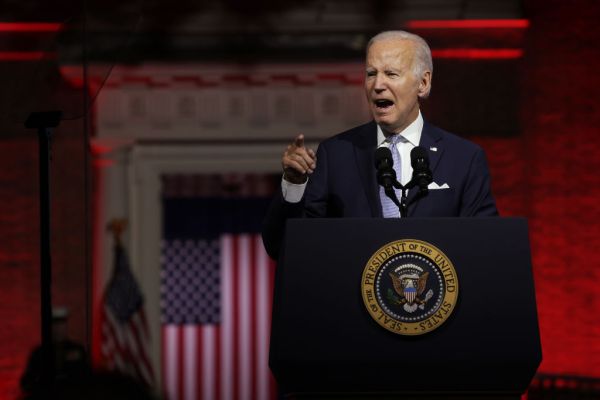
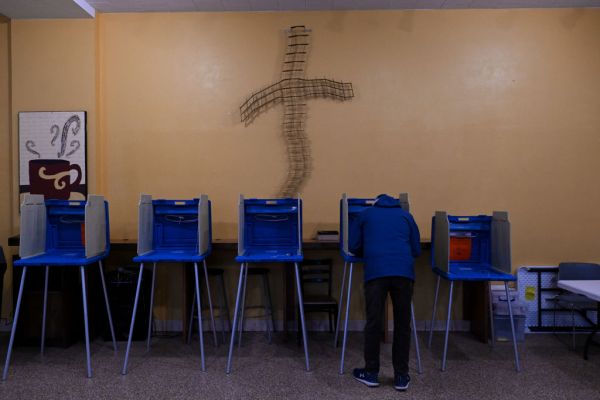


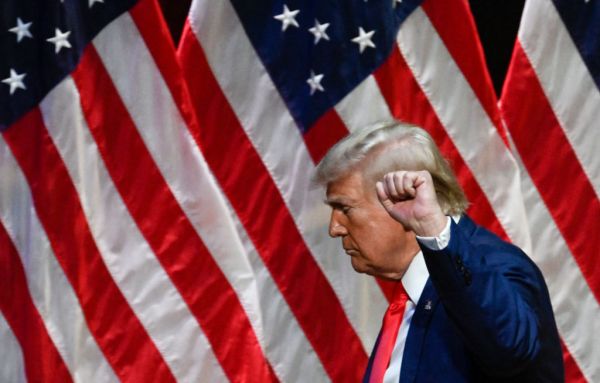
Please note that we at The Dispatch hold ourselves, our work, and our commenters to a higher standard than other places on the internet. We welcome comments that foster genuine debate or discussion—including comments critical of us or our work—but responses that include ad hominem attacks on fellow Dispatch members or are intended to stoke fear and anger may be moderated.